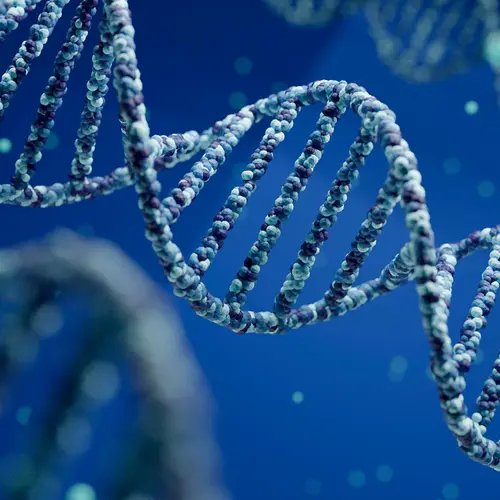Gastric bypass surgery shrinks the size of your stomach, so you can't eat as much as you used to. The surgeon will also re-route, or bypass, part of your digestive system so you don't absorb as much food.
There are several types of gastric bypass surgery:
Roux-en-Y gastric bypass: This is the most common gastric bypass surgery done in the U.S. Surgeons can do it through a small cut, which has a quicker recovery time than more complicated surgery.
First, the surgeon makes a small stomach pouch by stapling part of the stomach together or by vertical banding. This limits how much food you can eat.
Next, the surgeon attaches a Y-shaped section of the small intestine to the pouch. That creates a bypass for food, so it skips part of your digestive system. As a result, you absorb fewer calories and nutrients.
Extensive gastric bypass (biliopancreatic diversion): This is a more complicated type of gastric bypass. The surgeon removes the lower part of the stomach. They then connect the small pouch that remains directly to the last part of the small intestine, completely bypassing the first two parts. It works for weight loss, but it's not widely used because it has a high complication rate and can leave you short on nutrients.
Risks of Gastric Bypass Surgery
People who have gastric bypass surgery are at risk for:
- Pouch stretching. The stomach gets bigger over time, stretching back to its original size.
- Breakdown of staple lines. The staples fall apart.
- Nutritional, vitamin, and mineral deficiencies. Your body will be less able to get nutrients from food.
- Stomal stenosis. A narrowing forms at the connection of the stomach and small intestine causing nausea, vomiting, reflux, and then an inability to eat. This will need to be dilated.
Gastric bypass surgery also may cause "dumping syndrome." When that happens, food moves too quickly from the stomach to the small intestine. Symptoms include nausea, weakness, sweating, fainting, and, occasionally, diarrhea after eating, as well as becoming extremely weak after eating sweets.
You can get gallstones when you lose weight quickly. If that happens, your doctor can give you medicine to dissolve them.
Because these surgeries change how your body handles food, you should talk with your doctor about making sure you get all the nutrients you need.

